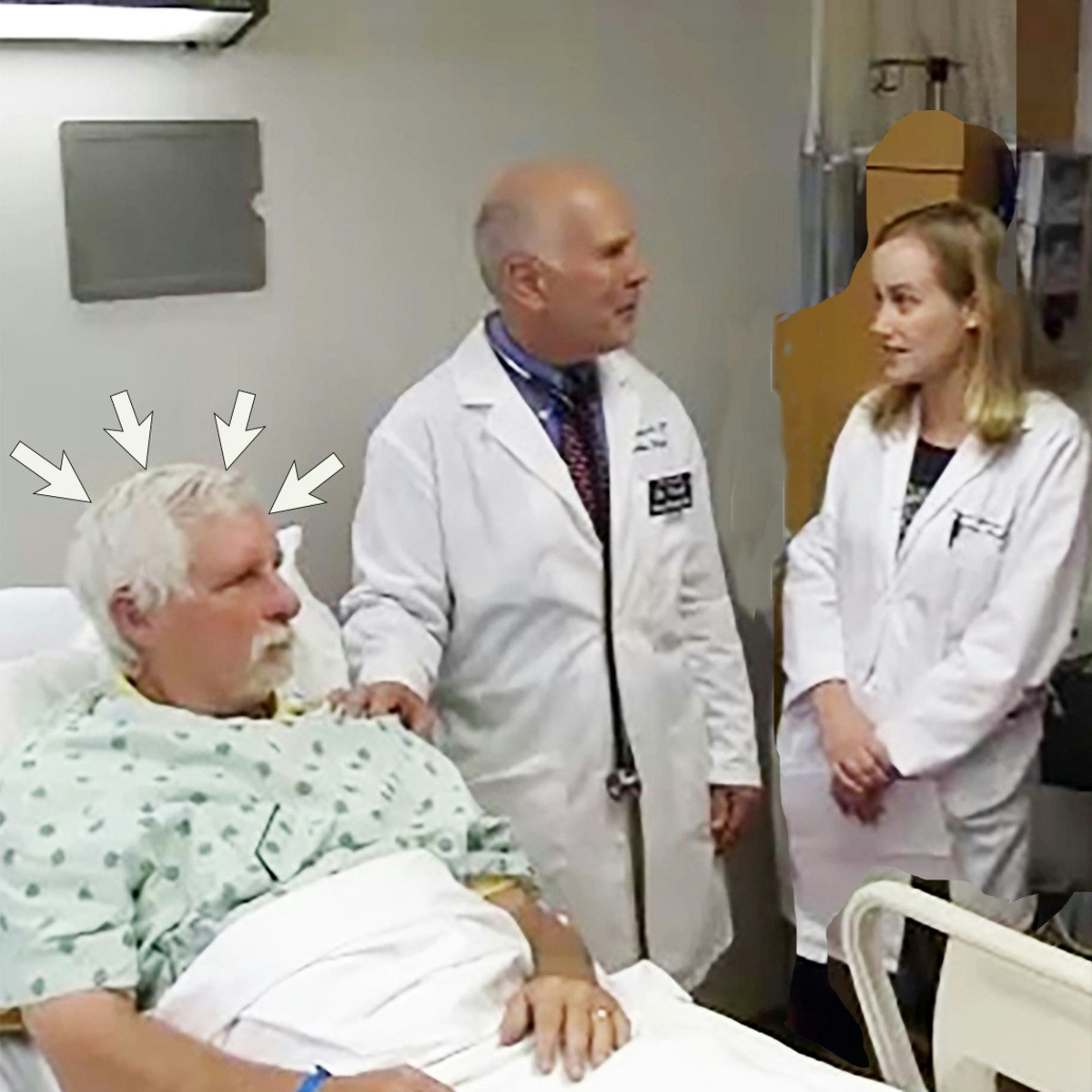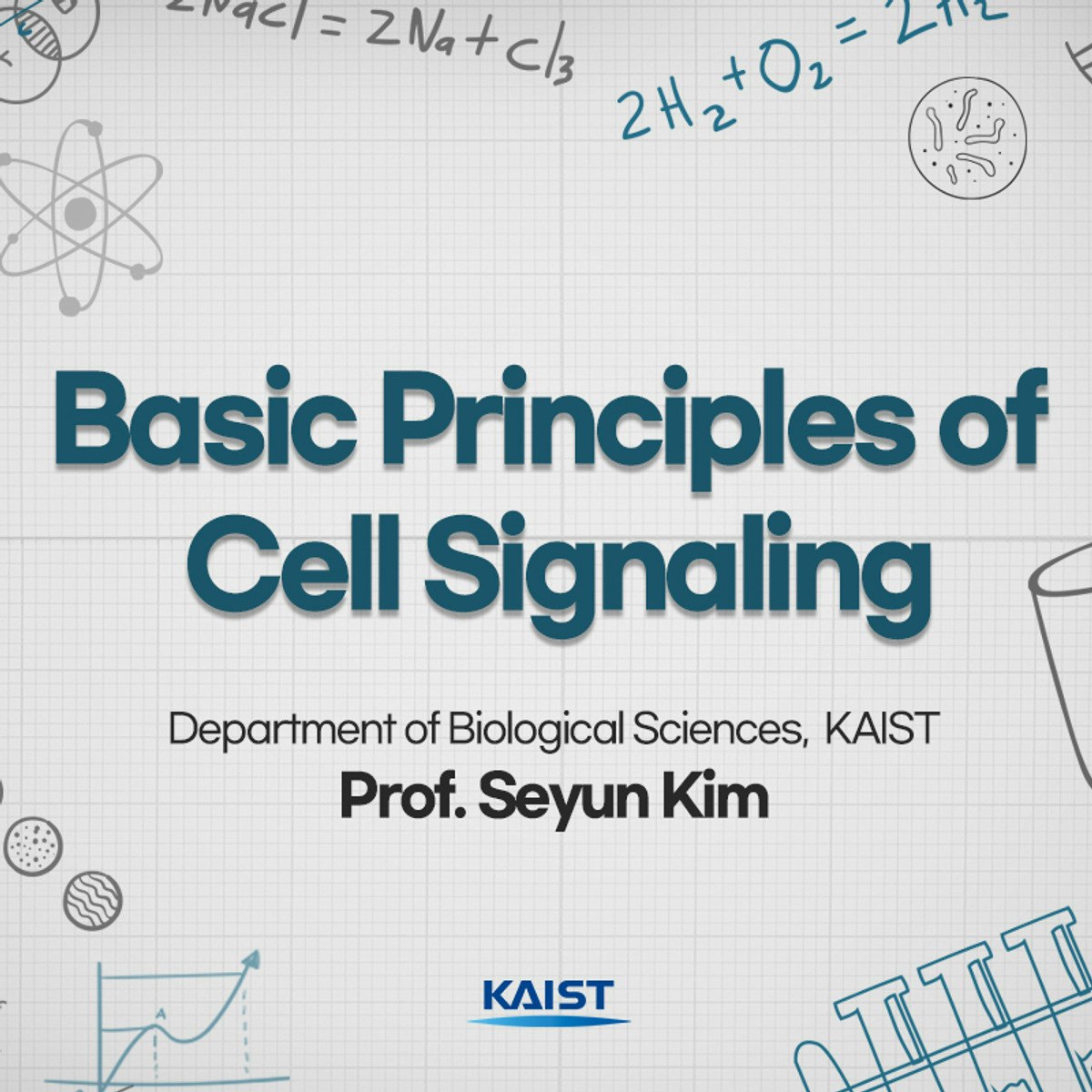Back to Courses









Life Sciences Courses - Page 48
Showing results 471-480 of 644

Applying Participatory Approaches in Public Health Settings
This course specifically explores approaches and tools and how to apply them in public health settings. Students will learn how to critically analyse the power dynamics present between multidisciplinary stakeholders and appreciate the need for reciprocity between those delivering and those receiving health care; between both those conducting and those participating in research. They will also learn how to select and evaluate different participatory approaches to apply these to public health programmes and/or research. Tools with which to do this include undertaking a stakeholder-mapping exercise and needs assessment, including a critical and reasoned narrative to justify the approach.
While this course, as with the rest of the specialisation, focuses on public health and ways of involving citizens and patients in programmes and research, these concepts apply to other disciplines too. So, you don't have to be a public health specialist or work in healthcare to gain insight from this course.
If you would like to learn more about the theories and core principles of participation within a public health context, we suggest taking Introduction to Participatory Approaches in Public Health. If you're planning a research project and want to learn more about participation in resaerchs, explore our course Public Involvement in Research.

Household Surveys for Program Evaluation in LMICs
This course provides an introduction to household surveys for program evaluation in low-and middle-income countries. The course will equip you with skills to:
1. Explain what coverage is, why it’s important in evaluations, and how it is measured
2. Describe what household surveys can and cannot measure
3. Plan, implement, and analyze household survey, including:
4. Calculate an appropriate household survey sample size
5. Explain the resources required for a household survey
6. Identify an appropriate sampling design
7. Design a questionnaire
8. Describe challenges for coverage survey planning and implementation
9. Present and describe how the RADAR tool can be used
The development of this course was supported by a grant from Government Affairs Canada (GAC) for the Real Accountability, Data Analysis for Results (RADAR) project.

Design and Implementation of Digital Health Interventions
This course covers various themes around design, regulatory approaches, ethics, technology adoption, implementation and strategy as applied to digital health. These session cover areas to include data regulations, examples of data breaches in digital health, the challenges and opportunities of technology adoption and implementation with a focus on the non-adoption, abandonment, scale-up, spread and sustainability framework (NASSS Framework). The strategy part of this course focuses on understanding a simple strategy for digital health through PESTLE and SWOT analysis, and examples of their application in digital health.

Validity and Bias in Epidemiology
Epidemiological studies can provide valuable insights about the frequency of a disease, its potential causes and the effectiveness of available treatments. Selecting an appropriate study design can take you a long way when trying to answer such a question. However, this is by no means enough. A study can yield biased results for many different reasons. This course offers an introduction to some of these factors and provides guidance on how to deal with bias in epidemiological research. In this course you will learn about the main types of bias and what effect they might have on your study findings. You will then focus on the concept of confounding and you will explore various methods to identify and control for confounding in different study designs. In the last module of this course we will discuss the phenomenon of effect modification, which is key to understanding and interpreting study results. We will finish the course with a broader discussion of causality in epidemiology and we will highlight how you can utilise all the tools that you have learnt to decide whether your findings indicate a true association and if this can be considered causal.

Specialty Topics: Biology Across Disciplines
In this course, we will explore the applicability and relationship of biology to the arts, business, and psychology. First, we’ll discuss art as a foundational practice to biology and how biology as a science can explain how we interact with the arts, in particular, our experiences making and listening to music. Next, we will discuss the business of biology and how research is funded and the process of clinical trials and human subjects research. Then we will examine two topics at the interface of psychology and biology: (1) human development from conception to adulthood, and (2) how cognition influences how we make decisions about biological issues and best practices for evaluating biological evidence in light of what we know about how we use evidence to make decisions. We will close with a discussion of education and why evidence-based education is important for promoting overall science literacy.

Fixing Healthcare Delivery 2.0: Advanced Lean
Lean or Toyota Production System (TPS) is responsible for revolutionizing the auto industry by creating highly reliable and safe cars and trucks. In this course healthcare providers, administrators, engineers, and healthcare professional students will be taught how to apply the principles and tools of Lean to health care. They will learn how to identify and remove of waste, design standardized work, apply 5S, map Value streams, create process maps, conduct rapid improvement events (RIEs), level workflow, use A3 forms and Paredo charts, apply error proofing, and create effective visual controls. The instructional videos minimize Lean technical language, and include patient cases to make the lessons more appealing to students in healthcare. Acknowledging that patients are very different from cars we have carefully adapted Lean to health care and call our system: Patient-centered Healthcare Delivery System (PHDS). The name and abbreviation emphasize two key principles taught in our course: 1. Just like PhDs the scientific method must be continually applied when creating plans to improve our systems of care. 2. All improvements must be made looking through the eyes of patients. Armed with this new knowledge students will be able to design and implement sustainable healthcare delivery system improvements.

Value-Based Care: Capstone Project
COURSE 7 of 7. Whether your expertise is clinical, financial, managerial, or perhaps a combination, throughout this certificate program your expertise has informed each course module reflection activity and summative assignment. You have stretched your thinking as you have built your knowledge in areas where you may have had less experience and made notes on areas needing further development. You should approach this capstone project in the same manner as you integrate the work you have completed in this specialization and reflect upon your learning through the courses. Just as transitioning to and maintaining a value-based care organization is a team-based effort, this capstone project will guide you in connecting with a team member or supportive colleague that can review some of the work that you have completed in this specialization and provide you with their insights to further enhance your understanding of VBC.

Global Health Security, Solidarity and Sustainability through the International Health Regulations
Welcome to the MOOC "Global Health Security, Solidarity and Sustainability through the International Health Regulations".
We are very excited to have you on board and hope you will enjoy the course!
In the coming 6 weeks, you will learn about the International Health Regulations (IHR), history of its creation and evolution, its major principles and implementation procedures, as well as challenges and future opportunities. We will talk about lessons learned from the previous epidemics and environmental disasters, and discuss possible future health threats and ways to respond to them in an efficient and timely manner. The goal of this MOOC is not only to promote knowledge on the IHR among the general public but also to help international health practitioners advance its implementation, contributing to the achievement of Sustainable Development Goals.
Our MOOC «Global Health Security, Solidarity and Sustainability through the International Health Regulations» is highly transdisciplinary and involves prominent experts from more than 15 leading institutions worldwide, including academia, international organizations, and local governments. Along with traditional e-learning resources, it gives access to a highly innovative teaching tool - virtual Simulator IHR 3.0 - a serious game where you can practice managing health crises from different perspectives. No matter which country you come from, this MOOC is free and open for anyone interested in learning more about such a powerful legal mechanism as the IHR.
Every week, you will get access to a new Module which includes a series of video lectures, accompanied by a list of recommended readings to deepen your knowledge on the proposed topic. Every module will have a number of practice exercises, such as in-video questions and practice quizzes based on the video lectures and readings, and a graded quiz to sum up everything that you've learned. At the end of the course, you will be asked to take a graded final quiz that you will need to complete (as well as each Module's graded quizzes) in order to pass the course and earn a Certificate if you chose this option at enrolment.
We encourage you to use Discussion Prompts and forums to discuss the course material with fellow students enrolled in the MOOC. You can greatly contribute to the learning process by posting your questions, commenting, or sharing your personal experiences and examples from your countries.
This MOOC was produced jointly by the University of Geneva (Switzerland), Centre Virchow-Villermé for Public Health Paris-Berlin, Université Paris Descartes (France) and ANEO in close collaboration with the World Health Organization Headquarters (Geneva, Switzerland) and WHO Regional Office for the Eastern Mediterranean (Cairo, Egypt), with the financial aid of the Agence Nationale de la Recherche (France), UNIGE and WHO.
We wish you good luck with the MOOC and look forward to seeing you in our learning community!

Social Determinants of Health: Health Care Systems
This third of five courses explores topics related to the social determinants of health and health care systems. This course will also focus on the relationship between the social determinants of health, mental health, substance abuse, and trauma. The topics of this course include:
1. Health Literacy
2. Mental Health & Substance Abuse
3. Violence, Conflict, and Trauma
4. Ethical Considerations for Health Systems and Data
5. Data Applications: Correlation Analysis and Heat Map Visualization

Basic Principles of Cell Signaling
The coordination of life in multicellular organisms is precisely controlled by cells via various internal and external signals. Cells depend on different types of signals to regulate their growth, division, metabolism as well as death. Signals are growth factors or hormones produced and secreted by other cells. Some signals such as nutrients are in the form of molecules from the environment. Signaling molecules are sensed by direct binding to specific receptor molecules. Depending on the biochemical properties and ways of molecules changes, we can group various signaling events in defined pathways. Throughout specific signal transduction pathways, a signal can modulate cellular activities and gene expression, thereby leading to changes in cell growth, metabolism, differentiation, or many other cellular functions. When genetic mutations or biochemical changes occur in key proteins of certain cellular signaling pathways, cellular homeostasis can be disrupted, thus triggering tissue malfunctions, itiation or spread of cancer, or developmental anomalies. Dissecting biochemical principles of these cell signaling pathways is essential for us to better understand mechanisms of both normal cells and pathological conditions, therefore our knowledge on signal transduction will provide valuable information to develop effective therapeutic agents to fight against diseases..
This 6 week-course will give you a solid introduction to the basic fundamentals of cell signaling. I will first define the concept of cell signaling and introduces major types of cellular signaling events. Throughout 6 weeks, we will study biochemical basis of electrical signaling, chemical signaling as well as gap junction-mediated signaling pathways. We will also learn about key principles underlying signal transduction pathways by studying significance of protein-protein interactions and signaling second messengers. In the end of each week, dysregulated cell signaling in pathological conditions such as cancer and diabetes will be presented and discussed. Everyone knows that cell signaling is essential for sustaining life. How can you explain insulin actions in lowering glucose in biochemical details? What can be the fundamental mode of oxygen sensing in our body? Have you ever thought about ways of how we can specifically remove or kill certain types of rapidly-growing cancer cells? Cell signaling accompanies various biochemical strategies to sense and transmit signals inside our cells. Without fine control of those signaling processes, cells, tissues, and organisms cannot maintain life.
